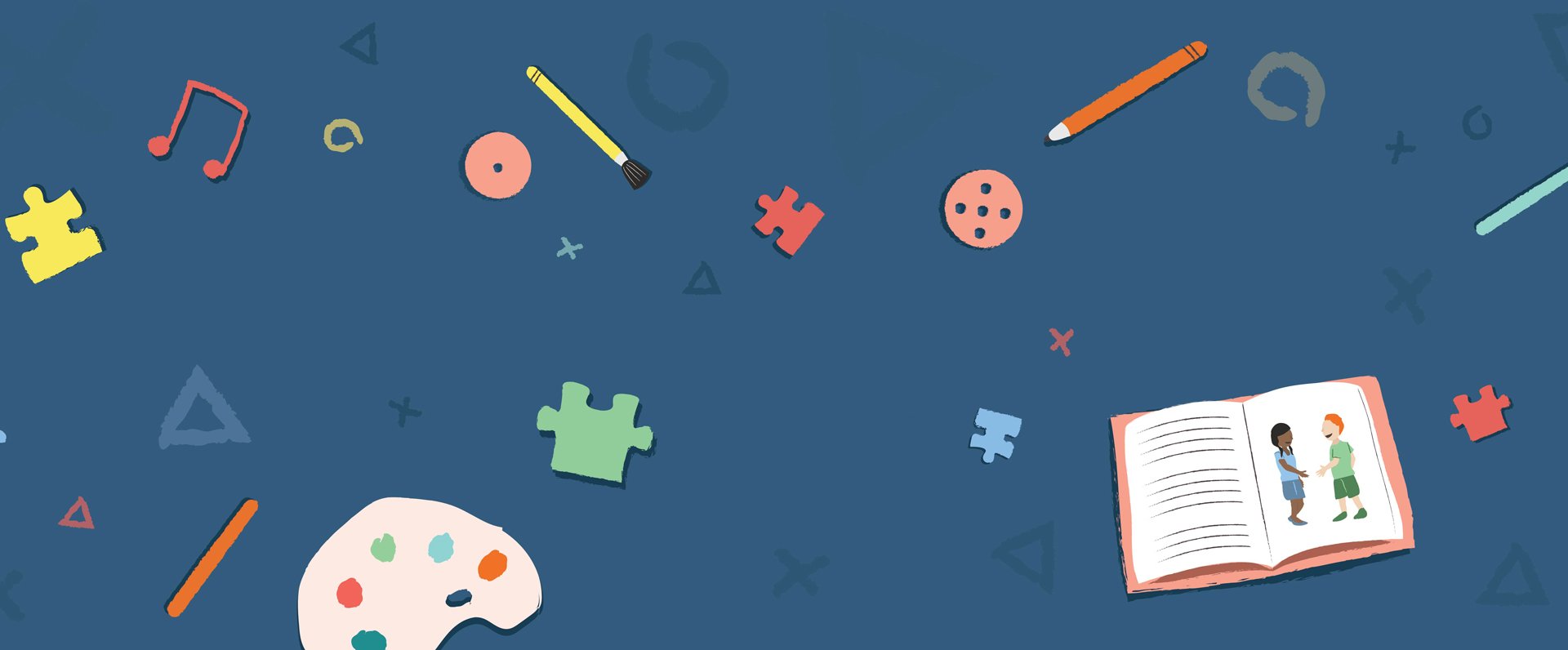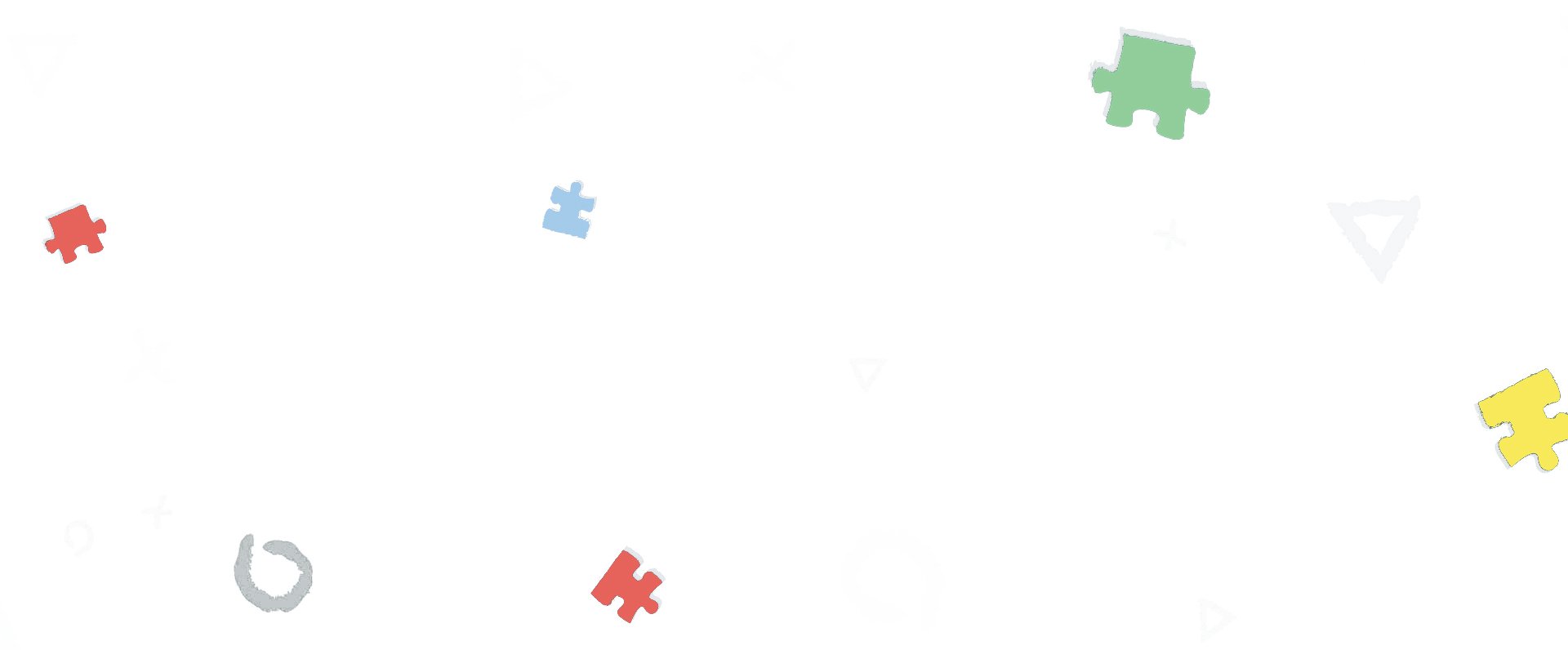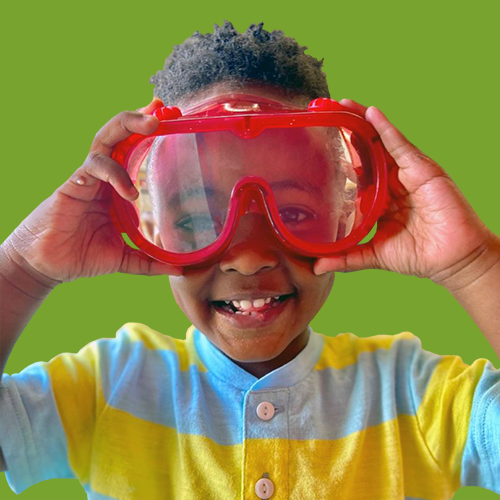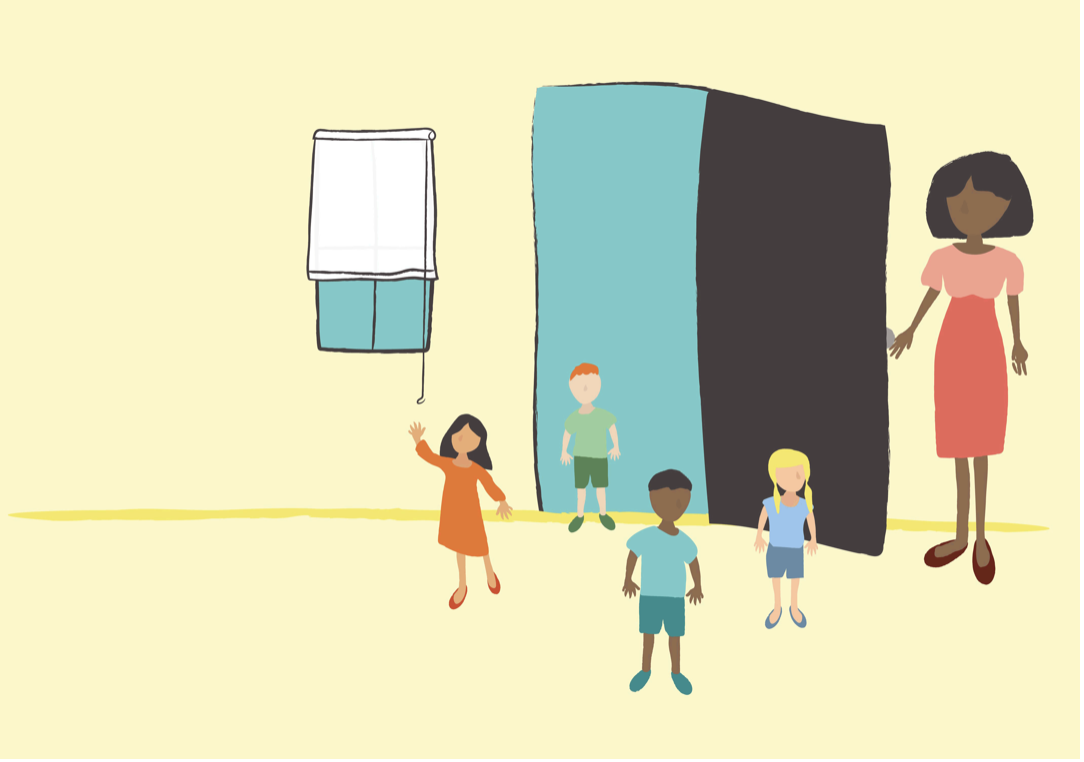

Childhood is changing, but child development is not
The LUME Institute works with teachers, families and administrations to foster a system that honors young children and their developmental needs. Because learning happens in relationships, it is our core educational practice to help educators learn to build healing relationships as a foundation for learning and life readiness.
We ask early childhood professionals to participate in a reflective learning process that requires them to examine their own background, experiences and biases in order to better understand and support the emotional development of the children in their classrooms.
About self
About children
About LUME
What happens when you meet emotional needs first?
Children taught by LUME-trained teachers come to school ready to learn because they know they will be understood and supported. With an equal emphasis on emotional development and multi-faceted literacy, children are presented with a well-rounded approach to learning.
Lume participating classrooms experienced greater overall changes in assessment scores in comparison to their non-participating classrooms.
Teachers who experienced LUME professional development, which includes an emphasis on personal and emotional connections, reported fewer problems with challenging behavior in their classrooms post-training.
84% of teachers reported reduced reliance on “time-out” and 74% reported a decline in the frequency with which they found themselves in a power struggle with the child.
The best way to teach math is to teach empathy first. When children have an emotional partner in their teacher, they feel secure in the classroom and have the confidence to take academic risks.
LUME-trained teachers showed a 36% increase in understanding the emotional development of children after completing two Emotional Milestones training workshops.






